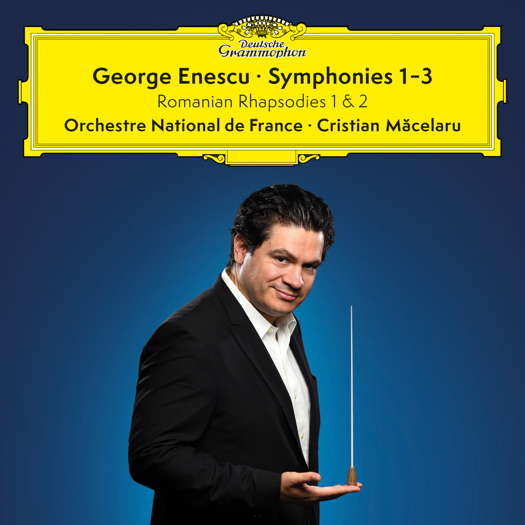- Daniel Gregory Mason
- Leeds
- Henry-Louis de La Grange
- instrumental music
- Modest Mussorgsky
- Ingmar Berman
- Suntory Hall
- Justin Connolly: Tesserae C
 DISCUSSION: John Dante Prevedini leads a discussion about Composers, individuals or collective?, including contributions from David Arditti, Halida Dinova, Robert McCarney and Jane Stanley.
DISCUSSION: John Dante Prevedini leads a discussion about Composers, individuals or collective?, including contributions from David Arditti, Halida Dinova, Robert McCarney and Jane Stanley.
 DISCUSSION: What is a work? John Dante Prevedini leads a discussion about The performing artist as co-creator, including contributions from Halida Dinova, Yekaterina Lebedeva, Béla Hartmann, David Arditti and Stephen Francis Vasta.
DISCUSSION: What is a work? John Dante Prevedini leads a discussion about The performing artist as co-creator, including contributions from Halida Dinova, Yekaterina Lebedeva, Béla Hartmann, David Arditti and Stephen Francis Vasta.

Vibrantly Recommended
GERALD FENECH listens to music by Enescu
'... these performances are as dynamically dazzling as they are irrepressibly exciting and incandescent.'
George Enescu was born in Liveni, Romania in 1881 and died in Paris in 1955. He studied in Vienna and Paris, and his teacher Gabriel Fauré was already aware that he was a child prodigy. Indeed, as Enescu grew in age, he also grew to become a universal musician: an exceptional violinist, a pianist, a conductor, a teacher, and an organizer of musical life in Romania.
His music is always ringing with a spatial and historical polyphony. His native country is situated at the edge of the Byzantine universe, between the Orient and a very varied Europe. In him rang a cultural polyphony that reconciled his Moldave land with Brahms' Viennese style and Fauré's poetry.
Enescu is also surprising for his tenacity and his capacity of letting his most important works mature endlessly: he spent twenty-five years on his opera Oedipe and three decades on his second string quartet. Not to speak of the rigor with which he treated his music: he only recognized twenty-three compositions, leaving aside a number of scores both unachieved and complete.
Even if Enescu particularly favoured the strings in solo, small or chamber formations, he also composed symphonies, operas and classical forms. His melodies and folklore pieces are of a remarkably intimate character. Enescu's language is classical and Fauré-like in nature. But it is also full of extremely ductile rhythms and various experiences in the fields of modality, chromatic scales, harmony and declamation. Enescu's musical and stylistic universality tends not towards a syncretism that could become superficial, but towards the sedimentation of European and Oriental cultural memories. Hence surges forth the full force of his proud beauty. It is difficult to fathom the greatness of the man, but pupil Yehudi Menuhin's description of the composer should suffice to give us as near a picture as possible of Enescu's unique gifts:
... the Absolute by which I judge all others ... the most extraordinary human being, the greatest musician and the most formative influence I have ever experienced.
I guess that says it all. The five compositions of this three-CD set offer perfect examples of the artistic development of one of the greatest artists of the twentieth century. From the youthful brilliance of the Romanian Rhapsody No 1, to the profound, ethereal philosophical ending of the Third Symphony, one can discover and relive the journey of this great genius. Indeed, Pablo Casals called Enescu 'the most amazing musician since Mozart'.
Listen — George Enescu: Romanian Rhapsody No 1 in A
(4865505 CD1 track 1, 7:13-8:06) ℗ 2024 Deutsche Grammophon GmbH :
The programme includes two real hits of classical music: the Romanian Rhapsodies Nos 1 and 2 and the three completed symphonies which are yet to be discovered as truly centrepieces of the symphonic repertoire.
Listen — George Enescu: Andante giusto (Symphony No 2 in A)
(4865505 CD2 track 2, 6:45-7:40) ℗ 2024 Deutsche Grammophon GmbH :
The symphonies - No 2 (1912-14) and No 3 (1916-18) - are indeed two staggering masterpieces and, at over fifty minutes each, the listener is regaled to a feast of utter musical invention.
Listen — George Enescu: Lento, ma non troppo (Symphony No 3 in C, Op 21)
(4865505 CD3 track 3, 8:32-9:27) ℗ 2024 Deutsche Grammophon GmbH :
I do not recall these works being recorded in the sound they deserve, apart from these compelling interpretations which are thrillingly authentic and easily surpass all previous attempts to produce the real Enescu sound world. Cristian Măcelaru and his Orchestre National de France players are perfect advocates for Enescu's unique symphonic oeuvre, and these performances are as dynamically dazzling as they are irrepressibly exciting and incandescent. Sound and annotations are first-rate. Vibrantly recommended.
Copyright © 23 April 2024
Gerald Fenech,
Gzira, Malta



